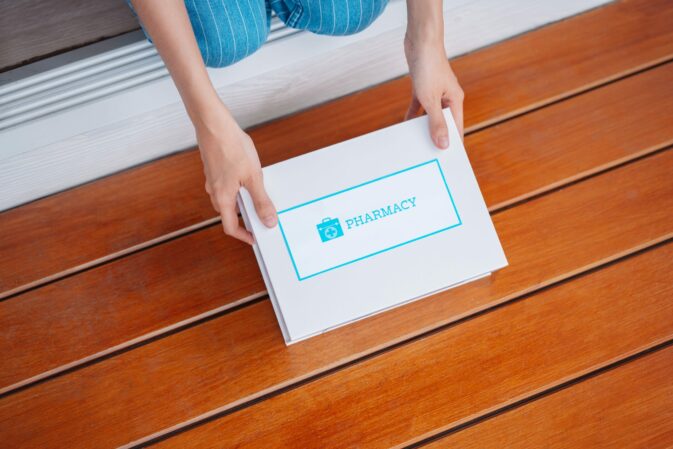Amazon reminds us Americans should explore free market healthcare alternatives

Last week, Amazon injected itself further into the healthcare space by launching a new prescription drug program. Called RxPass, the service allows Amazon Prime members to fill prescriptions from a list of roughly 50 generic medications for a flat fee of $5 per month.
It’s yet the latest example of the free market rescuing patients from a healthcare system run amok by middlemen, large hospital networks, and insurance companies that are contributing to inflated prices.
The news is welcome as a record number of Americans are sacrificing their health due to a combination of tight finances and ballooning prices. According to a January Gallup poll, 38 percent of U.S. adults report they or a family member have delayed medical treatment within the past 12-months because of high costs. And even more concerning, the figure has jumped 12-points compared to the previous year.
As the Biden administration continues to play hide-and-seek with classified documents and Congress is in gridlock, there are a growing number of free market options that circumnavigate the old school healthcare cartel so Americans can access affordable, more personalized care.
Last year, Mark Cuban opened an online pharmacy that now provides roughly 350 medications to consumers at discounted prices. For example, the cancer medication Imatinib sells for just over $14 on the website when the retail price is 170-times that. The trick to the platform’s seemingly magic cost cutting ability is avoiding the middlemen of the drug supply chain that have been given a government pass to collect kickbacks.
Called Pharmacy Benefit Managers (PBMs), these entities are normally able to leverage their middlemen status to inflate prices and financially profit on the backs of consumers. By purchasing medicine directly from the manufacturers and bypassing the PBM bloat, Cuban’s company can offer patients affordable drugs while still making a modest profit.
Notably, the platform recently announced it is exploring adding insulin to its growing portfolio of available drugs—a welcome development for Americans living with diabetes. One analysis finds PBM rebates boost insulin prices by nearly $300; therefore, the online service is expected to provide meaningful savings. (California should keep the true culprit of high insulin costs in mind as it pursues legal action in an effort to rein in prices.)
Beyond prescription drugs, direct primary care is a supplement to traditional insurance-funded, hospital-based healthcare that is gaining popularity. Because these practices operate outside the purview of insurance providers and middlemen funny business, care is provided at more affordable, transparent prices without the bureaucracy.
How does it work? Similar to a gym membership, patients pay a modest monthly fee to access regular exams, telemedicine, and routine procedures. Care not covered by the regular membership expense—such as more elaborate tests, complex procedures, or unique medications—are presented as a menu of options with upfront prices. And rather than being a slave to paperwork and insurance companies, direct primary care physicians are able to forge strong relationships with their patients.
In 2021, I realized the benefits firsthand. After experiencing a series of family tragedies at the hands of cancer, I gave direct primary care a try when the traditional healthcare system—clogged in bureaucracy and red tape—delayed the lifesaving tests I needed for six months.
After my first hour-long meeting with a direct primary care physician and learning about my family history, she agreed I should have the tests and immediately ordered them. The test confirmed what we suspected, and I was able to get the necessary preventative treatment to avert a future cancer diagnosis. Direct primary care helped to save my life and proves that reducing the complexity and bureaucracy of any system cannot only reduce costs but save lives.
Amazon’s announcement last week is a good reminder that although some aspects of American healthcare are falling short of what patients deserve, there are free market alternatives created by entrepreneurs that can help keep us healthy. At the very least, if policymakers can’t agree on meaningful reform because of Washington gridlock, they should help keep these options wide open.
Elaine Parker is the President of the Job Creators Network Foundation, which supports free market healthcare reform through its policy framework HealthcareForYou.com





